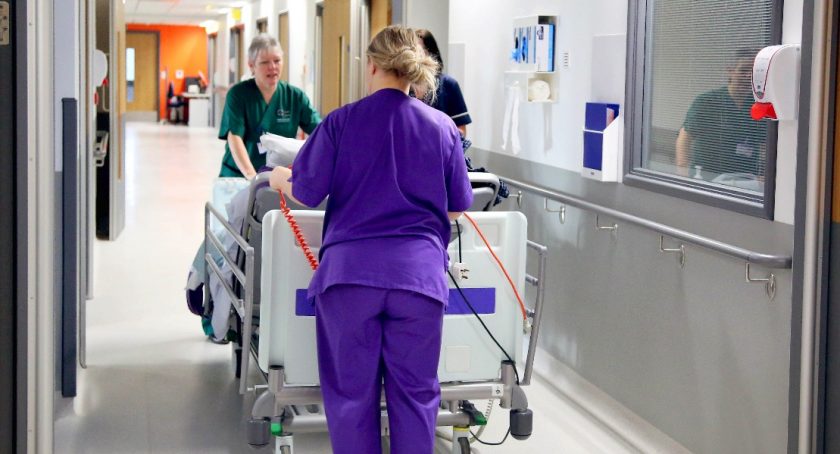Coronavirus (COVID-19): Critical workers testing policy in Wales

- This policy sets out a needs based approach testing criteria for NHS and non-NHS workers known collectively as “Critical Workers”, and is issued for the benefit of competent authorities, stakeholders and the public.
- This policy updates the current policy of NHS Health Worker (HCW) testing CEM/CMO/2020/8, and extends it to include non-NHS Critical Workers.
- This policy only relates to people who have symptoms of the virus and tests that detects the virus i.e. swab or antigen testing. It does not consider antibody testing.
- In Wales there are 438,000 Critical Workers; this includes 164,700 Healthcare workers, 9,900 police and prison staff . The broad categories of Critical Workers includes:
- Health and social care workers
- Public safety(emergency workers) and national security workers
- Local and national government workers
- Education and childcare workers
- Food and other necessary goods
- Transport workers
- Utilities, communication and financial services workers
- Key public service workers
- At the discretion of Medical Directors, other workers may qualify as Critical Workers for testing purposes.
- Within each Local Resilience Forum area there are local referral arrangement is place.
- Initially, it is expected that resource for testing will be deployed to health and social care staff and to the wider group of critical care workers where there is risk to business continuity for critical infrastructure or service delivery.
- The current policy of testing of patients, people in a care settings or confined space is not included in this document.
Purpose of this policy is to:
- Enable Critical Workers who have tested negative for SARS-CoV2 to return to work earlier if well enough and asymptomatic. It applies to workers, who according to their employer, cannot observe the seven day self-isolation or 14 day household quarantining due business continuity reasons; it also assumes that a person testing negative does not risk spreading other illness (e.g. influenza) in the work place.
- This policy also applies to one symptomatic individual who lives in the same household as an asymptomatic Critical Worker (as defined in this policy). Such that if the symptomatic household member tests negative for SARS-CoV2 the Critical Worker can return to work before 14 days.
- Identify workers and places of work where COVID-19 positive staff may have infected patients, shielded individuals or vulnerable people.
- Describe the process of scaling the availability of COVID-19 tests for Critical Workers whilst new systems are put in place and capacity increases.
- Unless explicitly indicated Critical Workers (or a household member) will only be tested if they are symptomatic. Worker (or a household member) who have been sent for testing or tests have been requested for them and they are not symptomatic will not be tested.
- If testing is requested for a Critical Worker (or a household member) and relates to early return to work:
- Testing should only be offered if they are self-isolating and symptom onset was less than five days
- If isolating because household member is symptomatic, there is only benefit if they have been doing so for 12 days or less
- The duty of the employer (and occupational health) is the same as for other notifiable diseases.
- The current process of managing requests for testing of front line NHS workers will remain the same, in that COVID-19 Coronavirus Testing Units (CTUs) within NHS Organisations will continue to undertake this task.
- This policy will be revised as testing capacity increases, front-end platforms come online and demand is understood.
Latest News









